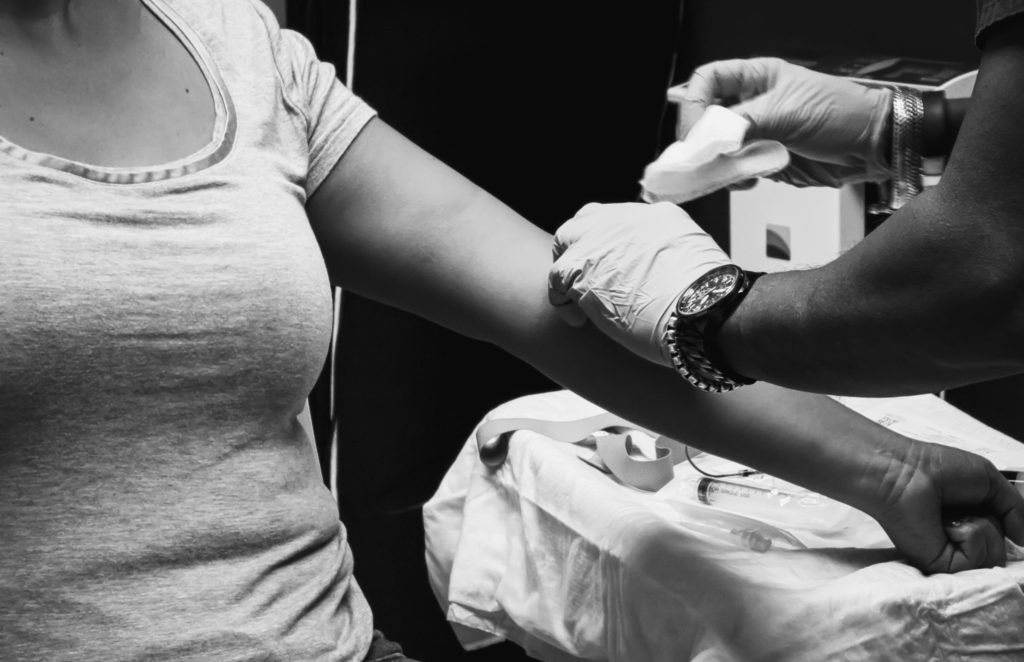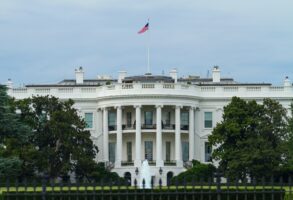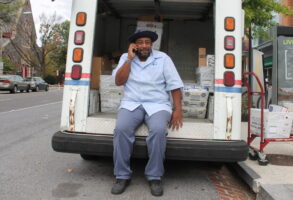
Published September 30, 2021
As reported by Damien Fisher at NHJournal, I filed a complaint on Tuesday with the U.S. Department of Health and Human Services on behalf of a New Hampshire resident who was denied a government-funded COVID-19 vaccine solely because he was White.
Some have suggested that because the complainant was eventually able to get a vaccine at another clinic, blunt racial set-asides do not constitute race discrimination. In support of this argument, they point to racial health disparities. While such disparities are real and involve highly nuanced policy questions, I’m curious to know if those advocating this position endorse expanding New Hampshire’s exclusionary racial gatekeeping to health care more broadly?
Do they support, say, non-White emergency rooms where White people are routed to other hospitals? Or how about abortion clinics for non-Whites only? Under this logic, the availability of other options for whites would suggest there is no harm.
But America tried “separate but equal” policies once before, and just like then, they have no place in health care.
Even if someone thought “separate but equal” policies were justified for COVID-19 vaccines specifically (which they are not), New Hampshire would be the least likely candidate because the race-correlated disproportional impact of COVID is among the lowest of all 50 states. New Hampshire is ranked the third least vulnerable state in America according to the privately-funded COVID-19 Community Vulnerability Index—the index relied on by New Hampshire is creating its racial set-asides. On a scale of zero to one, with zero being the least vulnerable, New Hampshire received a 0.04 score.
For comparison, Texas received a 0.98 score. Not a single census tract within New Hampshire was identified with minorities at high or very high “vulnerability.”
There’s one group the state’s illegal racial set-asides benefited—privileged Dartmouth students who were able to receive COVID-19 vaccines before older White residents like the complainant. Even though the complainant was at elevated risk to COVID-19 because he is diabetic, he was forced to wait behind younger healthy college students simply because of his race, skin color, and national origin. Not only that, when vaccinations were opened up to everyone, he was still turned away from a clinic that was only serving “people of color.”
Such blatant discrimination is patently illegal under bedrock civil rights laws. As America learned the hard way, separate is not equal.
Rachel N. Morrison is an attorney and policy analyst at the Ethics and Public Policy Center, where she works on EPPC’s HHS Accountability Project. She wrote this for NHJournal.com.
Rachel N. Morrison is a Fellow at the Ethics and Public Policy Center, where she directs EPPC’s HHS Accountability Project. An attorney, her legal and policy work focuses on religious liberty, health care rights of conscience, the right to life, nondiscrimination, and civil rights.











